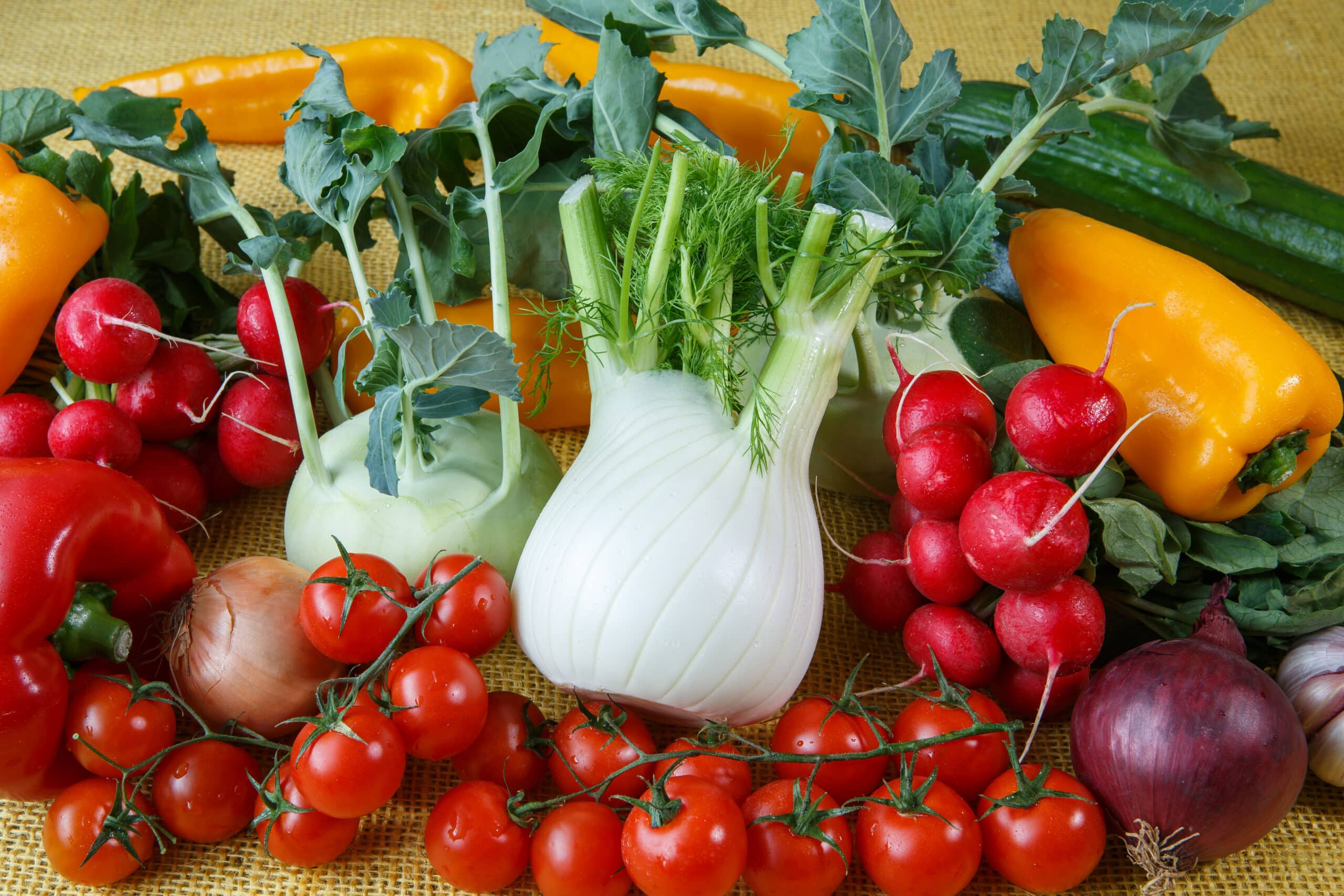What Vegetables Can You Not Grow Together?
Key Takeaways
- Beans and onions should not be grown together as beans fix nitrogen in the soil, which can lead to excessive foliage growth and stunted bulb development in onions.
- Tomatoes and potatoes should not be planted together as they are susceptible to similar diseases, increasing the risk of disease transmission throughout the garden.
- Corn and tomatoes should be kept separate as corn plants can shade out tomato plants and attract corn earworms, which can damage the tomatoes.
When planning a vegetable garden, it’s important to consider which plants can and cannot be grown together. Certain vegetable combinations can have negative effects on growth, yield, and overall health of the plants. In this article, we will explore the vegetables that should not be grown together and the reasons behind these recommendations.
Beans and Onions
One combination to avoid is planting beans and onions together. Beans are known for fixing nitrogen in the soil, while onions prefer low nitrogen levels. When grown together, onions may receive too much nitrogen, leading to excessive foliage growth but stunted bulb development.
Tomatoes and Potatoes
Another combination to avoid is planting tomatoes and potatoes together. Both plants are susceptible to similar diseases, such as late blight. Growing them together increases the risk of disease transmission, which can quickly spread throughout the entire garden.
Corn and Tomatoes
Corn and tomatoes should also not be grown together. Corn plants are tall and can shade out tomato plants, affecting their growth and yield. Additionally, corn attracts corn earworms, which can also damage tomato plants.
Tomatoes and Brassicas
Brassicas, such as cabbage, broccoli, and cauliflower, should not be grown near tomatoes. Brassicas are susceptible to a soil-borne disease called clubroot, which can be transmitted to tomatoes. It’s best to keep these plants separate to prevent the spread of disease.
Cucumber and Squash
Cucumbers and squash are both prone to powdery mildew, a fungal disease that can quickly spread. Planting them together increases the risk of powdery mildew infestation. It’s recommended to space these plants apart or grow them in separate areas of the garden.
Lettuce and Celery
Lettuce and celery are not ideal companions in the garden. Lettuce requires a cooler and shadier environment, while celery prefers full sun. Growing them together can result in poor growth and development for both plants.
Fennel and Tomatoes
Fennel and tomatoes should not be planted together. Fennel produces chemicals that can inhibit the growth of tomatoes and other plants in the nightshade family, such as peppers and eggplants.
Peppers and Cabbage
Peppers and cabbage should be kept apart in the garden. Cabbage worms, which are common pests for cabbage, can also feed on pepper plants. To prevent pest infestations and promote healthy growth, it’s best to separate these plants.
Potatoes and Zucchini
Planting potatoes and zucchini together is not recommended. Both plants are susceptible to diseases such as blight, and when grown together, the risk of disease transmission increases. It’s better to grow them in separate areas to minimize the spread of disease.
Carrots and Parsnips
Carrots and parsnips should not be grown together due to their similar growth habits. When planted together, they can compete for nutrients and space, leading to stunted growth and small harvests. It’s best to give each plant its own dedicated area.
Asparagus and Onions
Asparagus and onions should be grown separately. Onions can stunt the growth of asparagus, reducing its overall productivity. It’s recommended to choose a different location for each of these crops in the garden.
Pumpkins and Summer Squash
Pumpkins and summer squash should not be grown together. They are both vining plants that require ample space to spread and grow. Planting them together can result in overcrowding and competition for resources, leading to reduced yields.
Fennel and Eggplant
Similar to fennel and tomatoes, fennel and eggplant should not be planted together. The chemicals produced by fennel can inhibit the growth of eggplants and affect their overall health and productivity.
Peas and Garlic
Peas and garlic should be kept separate in the garden. Garlic can release compounds into the soil that can inhibit the growth of peas and affect their nutrient uptake. It’s best to provide separate areas for these plants to thrive.
By avoiding these vegetable combinations in your garden, you can promote healthier plants, reduce the risk of disease transmission, and optimize overall productivity. It’s important to plan your garden layout carefully, considering the specific needs and compatibility of each vegetable.
Related Websites:
FAQs:
Q: What are the benefits of companion planting?
Companion planting offers numerous benefits. It can help repel pests, attract beneficial insects, improve soil fertility, maximize space utilization, and enhance crop flavors and yields.
Q: Which vegetables should not be grown together?
There are several vegetables that should not be grown together due to factors like nutrient competition and pest susceptibility. Some examples include tomatoes and potatoes, cucumbers and sunflowers, and onions and beans.
Q: Why are tomatoes and potatoes incompatible?
Tomatoes and potatoes should not be grown together as they can risk transmitting diseases to each other. It is best to keep them separated to prevent any potential spread of infections.
Q: What are suitable companions for cucumbers?
Cucumbers can benefit from being planted alongside herbs like dill and basil, as well as with radishes, corn, and peas. These companions can help improve cucumber growth and repel pests.
Q: How does crop rotation impact companion planting?
Crop rotation is essential for successful companion planting. By regularly changing the location of crops, you can prevent the buildup of pests and diseases, ensuring healthier plants and better companionship.






